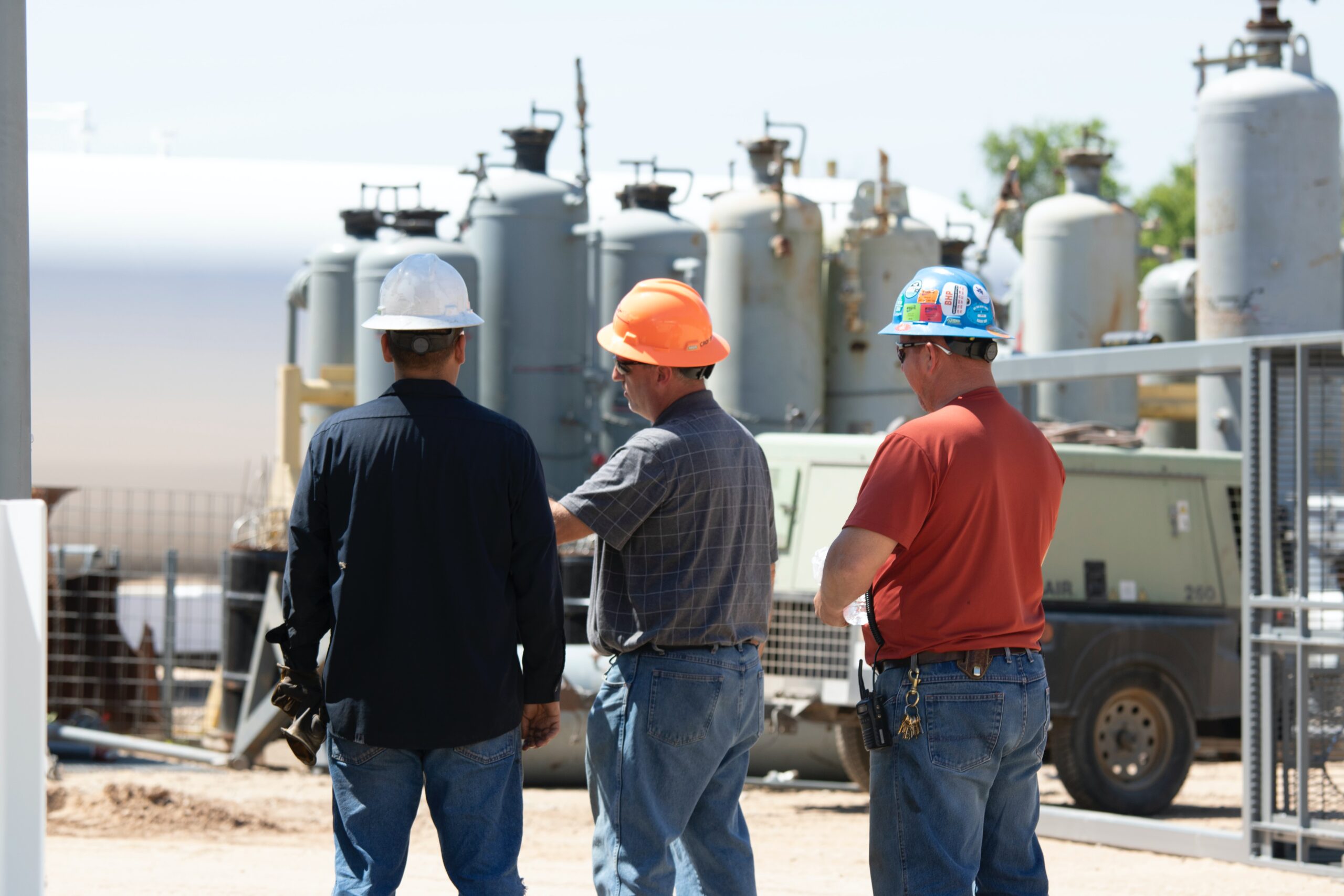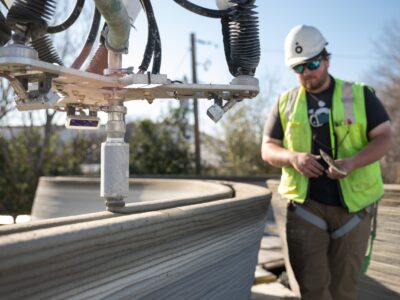As the United States diversifies its energy mix in preparation for a future beyond fossil fuels, the West Virginia Hydrogen Hub Working Group is focused on bringing one of four national hydrogen fuel hubs to the Mountain State. The group is competing for a share of more than $9.5 billion of Department of Energy funds largely made available through the bipartisan infrastructure law supported by West Virginia’s senators. Hosting one of the new hubs would make the Appalachian region a leader in the emerging clean energy technology. It would also bring high-paying jobs and economic stimulus to the state.
In its proposal, the working group highlights the state’s long-established role as an energy producer for the nation; historically, West Virginia has been one of the US’s largest producers of coal, oil and gas. With eyes to the future, the coalition of lawmakers now point to the state’s status as an emerging leader in developing renewable resources to power America.
A hydrogen hub is likely to bring many benefits to West Virginia, from an influx of new, secure jobs to increased availability of greener energy for local end-users, including power plants and producers of steel, cement and chemicals. By capitalizing on its abundant natural resources, central location, advanced transportation networks, great universities, and highly-qualified workforce, West Virginia is poised to be at the forefront of the nation’s sustainable shift toward cleaner power.
A key architect of the bipartisan Infrastructure Investment and Jobs Act and leader of the West Virginia Hydrogen Hub Working Group, Senator Joe Machin said, “I am proud to be working with my colleagues on both sides of the aisle and across the state to collaborate on this incredible opportunity to showcase how West Virginia can continue to lead the country – and the world – in advancing energy technologies and bring good-paying jobs to the state. With our abundant energy sources and strong partnerships, our state is uniquely situated to compete for DOE funding to develop a hydrogen hub…”
While the working group currently consists of a bipartisan coalition of West Virginia’s senators, its governor and a member of the US House of Representatives, it makes clear that it “encourage[s] engagement from all interested parties within and beyond the state’s boundaries.” To that end, potential future partners include organized labor, industry groups and local academic institutions. Together, the working group hopes to incorporate “the latest science, research, and technology for cost-effective generation, transportation, and use of clean hydrogen.” The working group also considers the proposed hub as central to “West Virginia’s and the Appalachian region’s efforts to… strengthen its environmental stewardship including by reducing greenhouse gas emissions.”
“A key part of our bipartisan Infrastructure Investment and Jobs Act is supporting new, innovative energy technologies that drive job creation in West Virginia and throughout the country,” Senator Capito said, commenting on the launch of the group. “We are bringing together experts and leaders from across the state to showcase why West Virginia is an ideal place to make increased investments in the development of hydrogen energy. I’m confident in our state’s capacity to house a hydrogen hub, and look forward to the progress our working group will make in helping this become a reality.”





